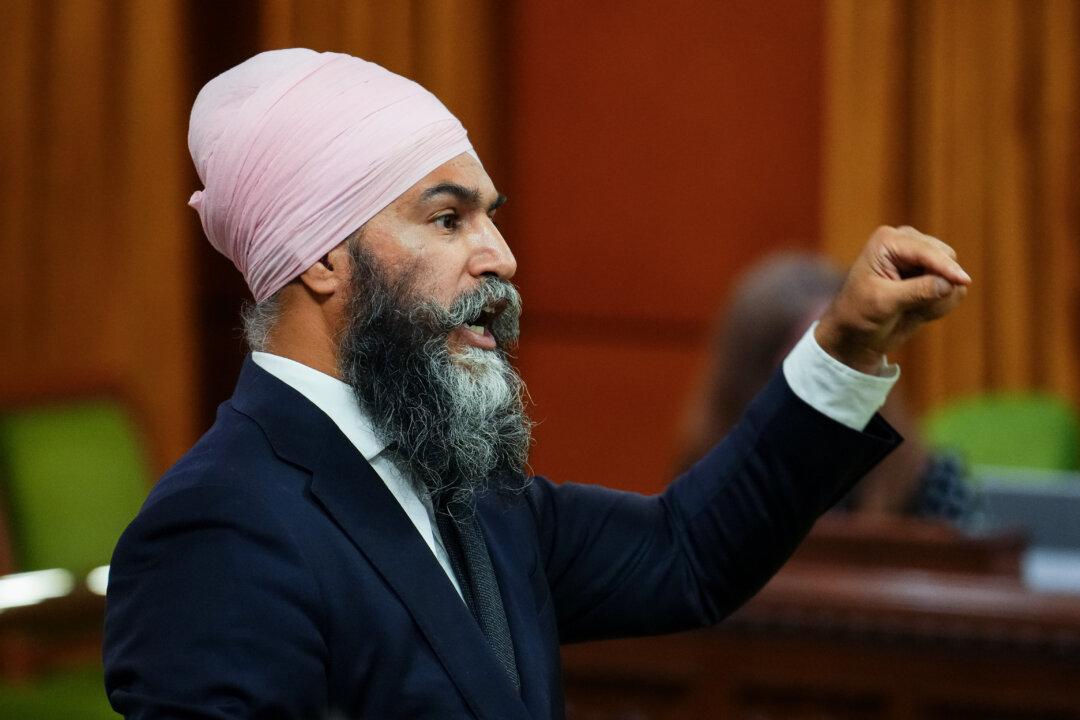The NDP is facing pressure from the Conservatives to break its agreement with the Liberals and trigger an early election, and there wouldn’t be many NDP big agenda items left on the table if it did so, a review of the deal shows.
Major pieces of legislation supported by the NDP have been adopted in the areas of dental care, child care, and energy transition, while the pharmacare bill is in the Senate after clearing the House of Commons in June.





